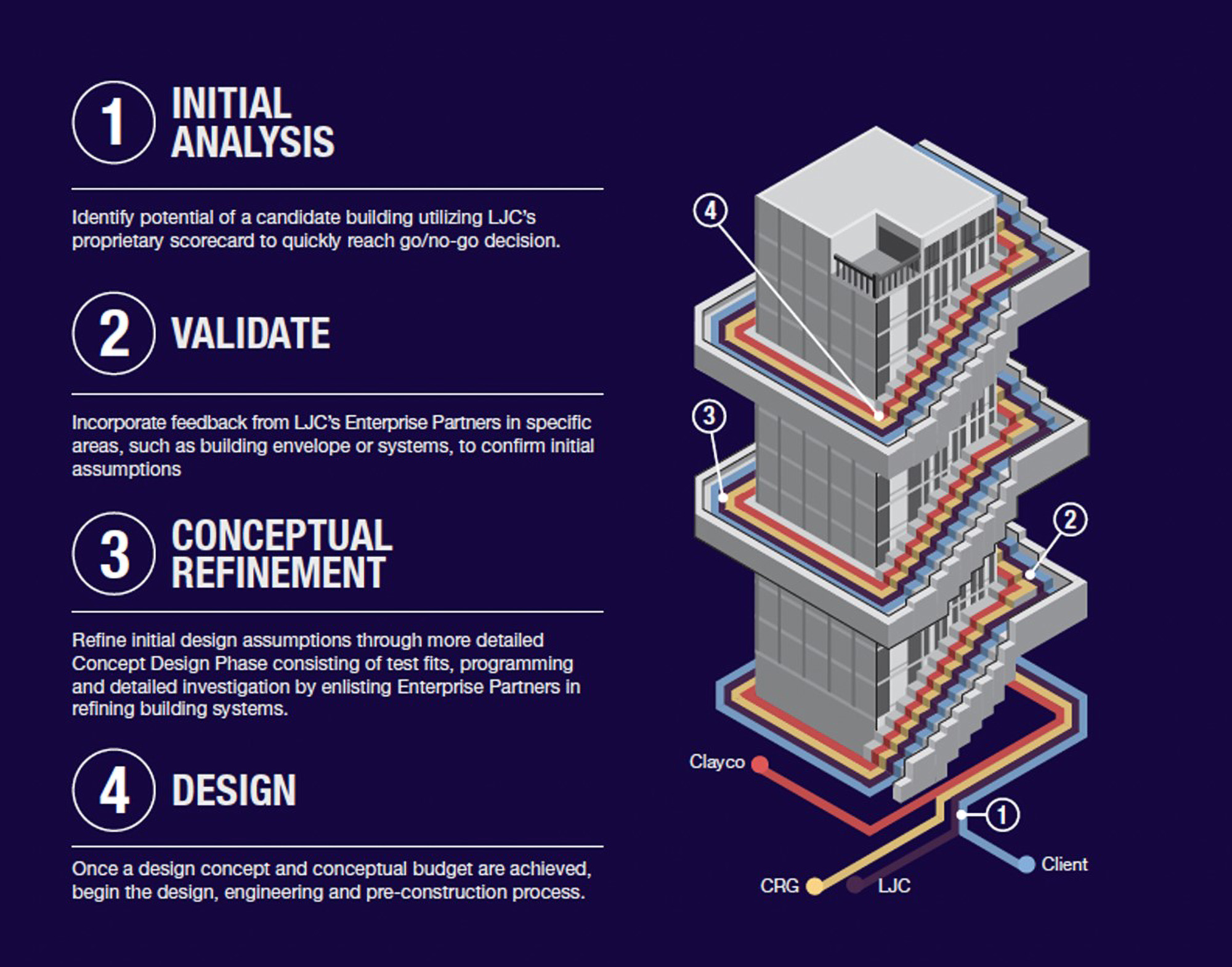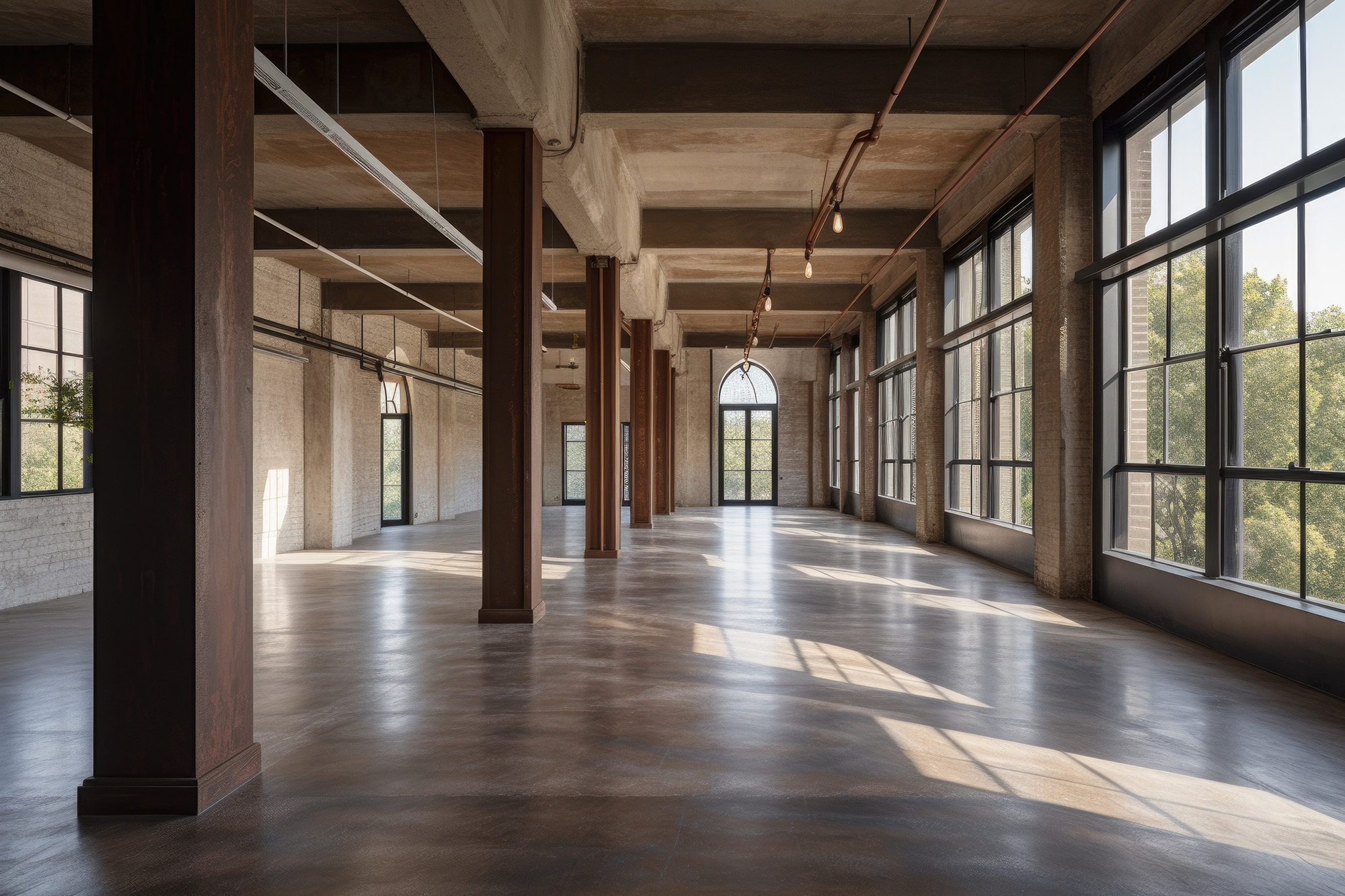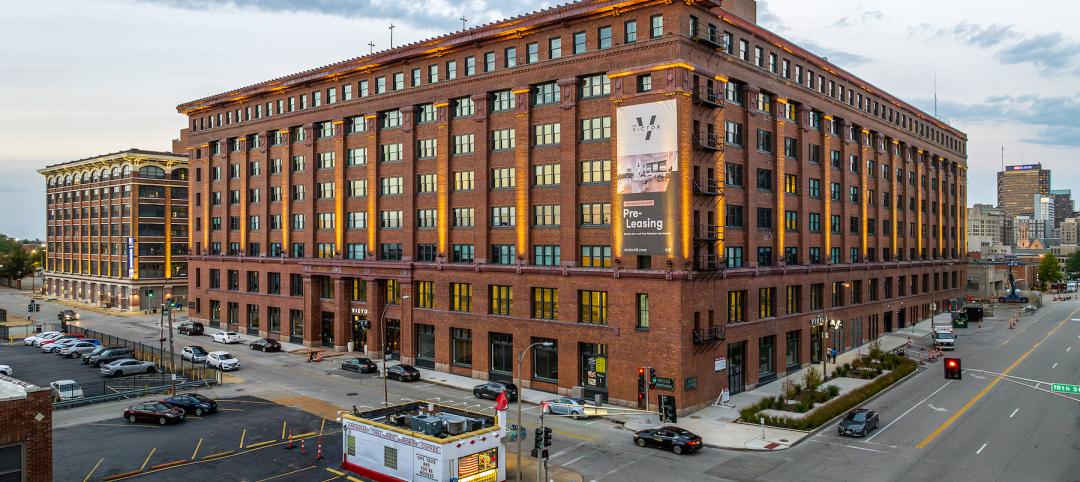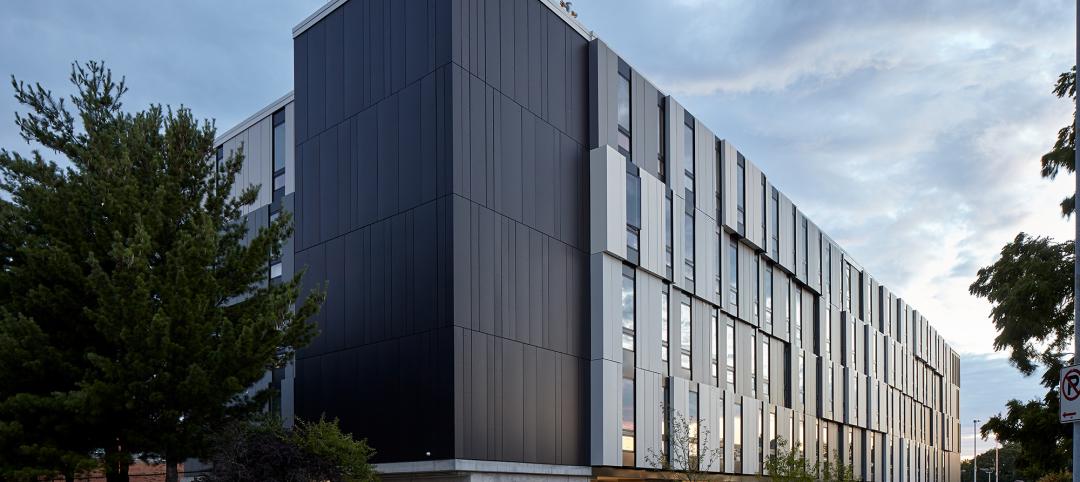Lamar Johnson Collaborative (LJC), a full-service architecture firm headquartered in Chicago, announced the debut of the firm’s Adaptive Reuse Scorecard, a proprietary methodology to quickly analyze the viability of converting vacant office and commercial buildings to other uses, such as hotels and residences.
“Working with existing structures involves complexities that often create a lengthy pre-development process, requiring developers to commit significant resources before they even determine a project is viable,” said Alan Barker, firm principal. “LJC’s Adaptive Reuse Scorecard enables us to assess a potential conversion project much more quickly and earlier in the process, something we anticipate will become even more important given conversations in the industry about the potential of adaptive reuse as a solution for the housing shortage and option for vacant commercial buildings.”
Developed by the firm’s architects, designers, engineers, and development and construction experts with experience in the nuances of adaptive reuse projects, the scorecard focuses on seven categories:
- Development potential
- Building form
- Building systems such as elevator and heat/AC
- Connectivity—walkability, parking and access to public transit
- Amenities and sustainability
- Building skin
- Intangible factors, which include a building’s history, reputation and marketing potential
Adaptive Reuse Scorecard Metrics
A weighted score of one to 100 is assigned to each of these categories, which are then averaged to determine a building’s suitability for adaptive reuse. Projects with a total score above 70% are considered viable candidates for conversion.

“As a subsidiary of Clayco, LJC is able to tap the expertise of our partner companies to generate insights about a potential project’s design, engineering, construction, glazing system and other factors to quickly create an integrated assessment of a building’s suitability for adaptive reuse,” Barker said. “Given the inherent unpredictability in adaptive reuse projects, clients benefit from this methodology because it provides flexibility, encourages innovation, and enables us to address unforeseen conditions as they arise.”
After further refinement to finalize the design and budget concepts—and with client signoff—the design, engineering, and preconstruction process begins.
With its scorecard beta testing complete using a sampling of buildings in the Chicago and Los Angeles areas, the firm looks forward to working with developers in cities across the country on adaptive reuse candidates. “We anticipate there will be a growing volume of this type of work, and the scorecard will undoubtedly help us to quickly evaluate projects and select those that pencil out financially for our clients,” Barker said.
Firms interested in having a potential conversion project analyzed by LJC using its Adaptive Reuse Scorecard should contact adaptivereuse@theljc.com.
About Lamar Johnson Collaborative
Lamar Johnson Collaborative (LJC) is a Chicago-based full-service design and architecture firm that provides integrated delivery and full turnkey solutions across multiple industries. LJC’s services include architecture, interior design, landscape architecture, planning and urban design, sustainability and technical/quality assurance. The company is a wholly owned subsidiary of Clayco, a full-service, real estate, architecture, engineering, design-build and construction firm. Though LJC works closely with companies in the Clayco family of brands, more than half of its business is with outside developers and general contractors.
Related Stories
Adaptive Reuse | Oct 22, 2024
Adaptive reuse project transforms 1840s-era mill building into rental housing
A recently opened multifamily property in Lawrence, Mass., is an adaptive reuse of an 1840s-era mill building. Stone Mill Lofts is one of the first all-electric mixed-income multifamily properties in Massachusetts. The all-electric building meets ambitious modern energy codes and stringent National Park Service historic preservation guidelines.
MFPRO+ News | Oct 9, 2024
San Francisco unveils guidelines to streamline office-to-residential conversions
The San Francisco Department of Building Inspection announced a series of new building code guidelines clarifying adaptive reuse code provisions and exceptions for converting office-to-residential buildings. Developed in response to the Commercial to Residential Adaptive Reuse program established in July 2023, the guidelines aim to increase the viability of converting underutilized office buildings into housing by reducing regulatory barriers in specific zoning districts downtown.
Adaptive Reuse | Sep 12, 2024
White paper on office-to-residential conversions released by IAPMO
IAPMO has published a new white paper titled “Adaptive Reuse: Converting Offices to Multi-Residential Family,” a comprehensive analysis of addressing housing shortages through the conversion of office spaces into residential units.
Adaptive Reuse | Aug 29, 2024
More than 1.2 billion sf of office space have strong potential for residential conversion
More than 1.2 billion sf of U.S. office space—14.8% of the nation’s total—have strong potential for conversion to residential use, according to real estate software and services firm Yardi. Yardi’s new Conversion Feasibility Index scores office buildings on their suitability for multifamily conversion.
Adaptive Reuse | Aug 28, 2024
Cities in Washington State will offer tax breaks for office-to-residential conversions
A law passed earlier this year by the Washington State Legislature allows developers to defer sales and use taxes if they convert existing structures, including office buildings, into affordable housing.
Adaptive Reuse | Aug 22, 2024
6 key fire and life safety considerations for office-to-residential conversions
Office-to-residential conversions may be fraught with fire and life safety challenges, from egress requirements to fire protection system gaps. Here are six important considerations to consider.
Reconstruction & Renovation | Aug 19, 2024
Movement to protect historic buildings raises sharp criticism
While the movement to preserve historic buildings has widespread support, it also has some sharp critics with well-funded opposition groups springing up in recent years. Some opponents are linked to the Stand Together Foundation, founded and bankrolled by the Koch family’s conservative philanthropic organization, according to a column in Governing magazine.
Adaptive Reuse | Aug 14, 2024
Adaptive reuse revives a former warehouse in St. Louis
The Victor, as the building is now called, has nearly 400 residential apartments.
Adaptive Reuse | Aug 14, 2024
KPF unveils design for repositioning of Norman Foster’s 8 Canada Square tower in London
8 Canada Square, a Norman Foster-designed office building that’s currently the global headquarters of HSBC Holdings, will have large sections of its façade removed to create landscaped terraces. The project, designed by KPF, will be the world’s largest transformation of an office tower into a sustainable mixed-use building.
Modular Building | Aug 13, 2024
Strategies for attainable housing design with modular construction
Urban, market-rate housing that lower-income workers can actually afford is one of our country’s biggest needs. For multifamily designers, this challenge presents several opportunities for creating housing that workers can afford on their salaries.


















